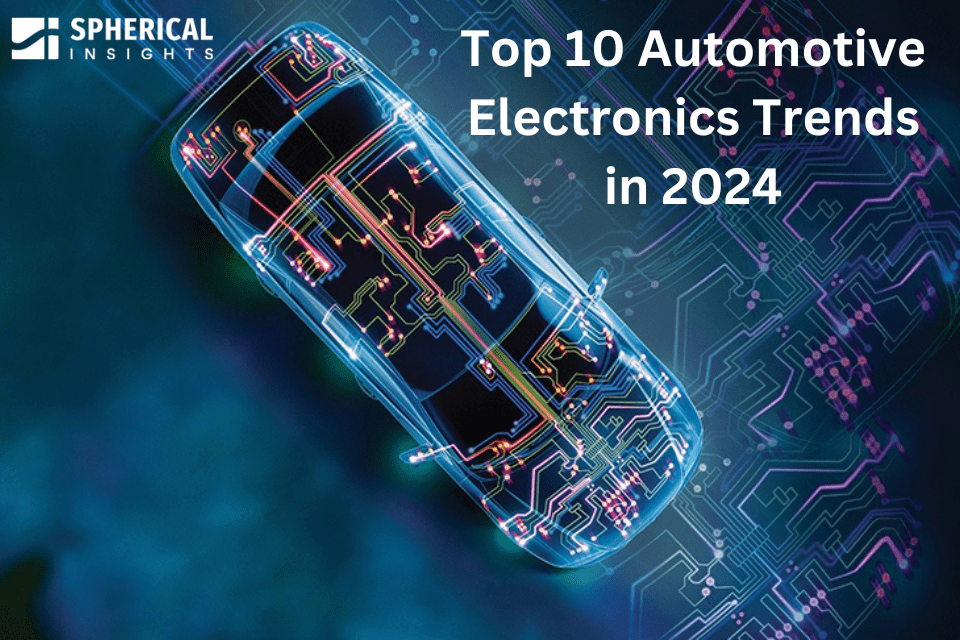5G technology is the next generation of mobile network promising faster speeds, lower latency, and the ability to connect more devices. This will allow for quicker internet, new applications like AR and VR, and impact industries such as healthcare, manufacturing, and transportation. While there are potential benefits, challenges include cost, energy consumption, security, and accessibility. 5G has the potential to bring significant changes for consumers and industries, but it is important to stay informed and engaged as it continues to be rolled out globally.
Exploring the Emerging Trend of 5G Technology: What Does It Mean for Consumers?
Introduction
In recent years, the tech industry has been abuzz with excitement about the potential of 5G technology. This fifth-generation mobile network promises to revolutionize the way we communicate, work, and play. But what exactly does it mean for consumers? In this article, we will explore the emerging trend of 5G technology and its implications for the average consumer.
What is 5G?
5G is the next generation of mobile network technology, following on from 4G/LTE. It promises significantly faster download and upload speeds, lower latency, and the ability to connect more devices simultaneously. This will enable a range of new applications and services, from augmented reality and virtual reality to the Internet of Things.
Implications for Consumers
So, what does all this mean for the average consumer? Firstly, 5G will bring faster and more reliable mobile internet to our smartphones and other connected devices. This will mean that streaming high-definition video, playing online games, and downloading large files will become quicker and more seamless than ever before.
5G also has the potential to enable new experiences and applications, such as augmented reality and virtual reality. These technologies rely on low latency and high bandwidth, both of which 5G can provide. This could open up new opportunities for entertainment, education, and more.
Impact on Industries
The impact of 5G will not be limited to consumers. It is expected to have a profound effect on a wide range of industries, from healthcare and manufacturing to transportation and smart cities. For example, in the healthcare sector, 5G could enable remote surgeries and real-time monitoring of patients. In manufacturing, it could facilitate the use of autonomous robots and connected machinery. And in transportation, it could lead to safer and more efficient self-driving cars.
Challenges and Considerations
Despite the potential benefits of 5G, there are also challenges and considerations to be aware of. These include the cost of deploying 5G infrastructure, the potential for increased energy consumption, and the need to address security and privacy concerns. There is also the issue of ensuring that 5G is accessible to all, including those in rural or underserved areas.
Conclusion
In conclusion, the emergence of 5G technology has the potential to bring about significant changes for consumers and industries alike. It promises faster and more reliable mobile internet, as well as new experiences and applications. However, it also presents challenges that need to be addressed. As 5G continues to be rolled out around the world, it will be important for consumers and businesses to stay informed and engaged with this rapidly evolving technology.
